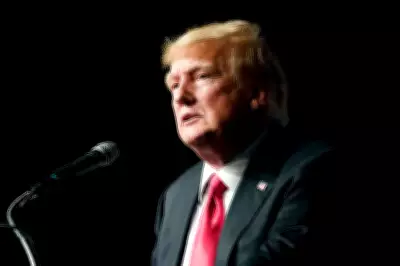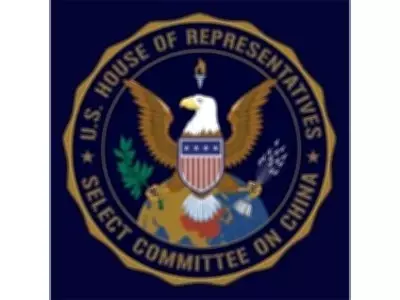
The potential return of Donald Trump to the White House is sending ripples across global diplomatic circles, particularly in Asia where US-China relations directly impact regional stability. According to strategic affairs expert C. Raja Mohan, this political uncertainty creates both challenges and opportunities for nations like India navigating the complex geopolitics of the Indo-Pacific.
The Great Power Competition Intensifies
Trump's first term witnessed a dramatic hardening of America's stance toward China, with trade wars, technology restrictions, and heightened military posturing in the South China Sea. His potential second coming suggests this trend would not only continue but potentially accelerate, forcing Asian nations to make difficult strategic choices.
India's Delicate Balancing Act
For New Delhi, the fluctuating US-China relationship presents a complex diplomatic puzzle. While India has benefited from American support in countering Chinese aggression along the Himalayan border, it also maintains significant economic ties with Beijing that require careful management.
The Quad alliance between the US, India, Japan, and Australia emerged as a key strategic framework during Trump's previous administration. His return could revitalize this grouping, providing India with stronger regional partnerships to counter Chinese influence.
Economic Implications for Asian Nations
The trade war dynamics between Washington and Beijing create both winners and losers across Asia. Some manufacturing has shifted from China to other developing nations, while technological decoupling forces countries to choose between American and Chinese tech ecosystems.
- Supply chain realignment: Companies continue diversifying production away from China
- Technology standards battle: The 5G and semiconductor competition intensifies
- Investment patterns shift: Both US and Chinese capital seek alternative destinations
Regional Security Concerns
Increased US-China tensions typically translate to greater military activity in Asian waters, particularly around Taiwan and the South China Sea. This raises the stakes for all regional players, who must navigate the risk of accidental escalation while protecting their own maritime interests.
The changing great power dynamics require careful calibration by Indian policymakers, who must balance their strategic autonomy with the practical benefits of closer US ties in containing Chinese expansionism.
Looking Ahead: Strategic Preparation
Mohan suggests that regardless of the US election outcome, the structural competition between America and China will continue defining Asian geopolitics. The key for India lies in building its own comprehensive national power while skillfully managing relationships with both competing giants.
The coming years will test whether New Delhi can leverage the US-China rivalry to strengthen its position as an independent pole in the emerging multipolar Asian order.





